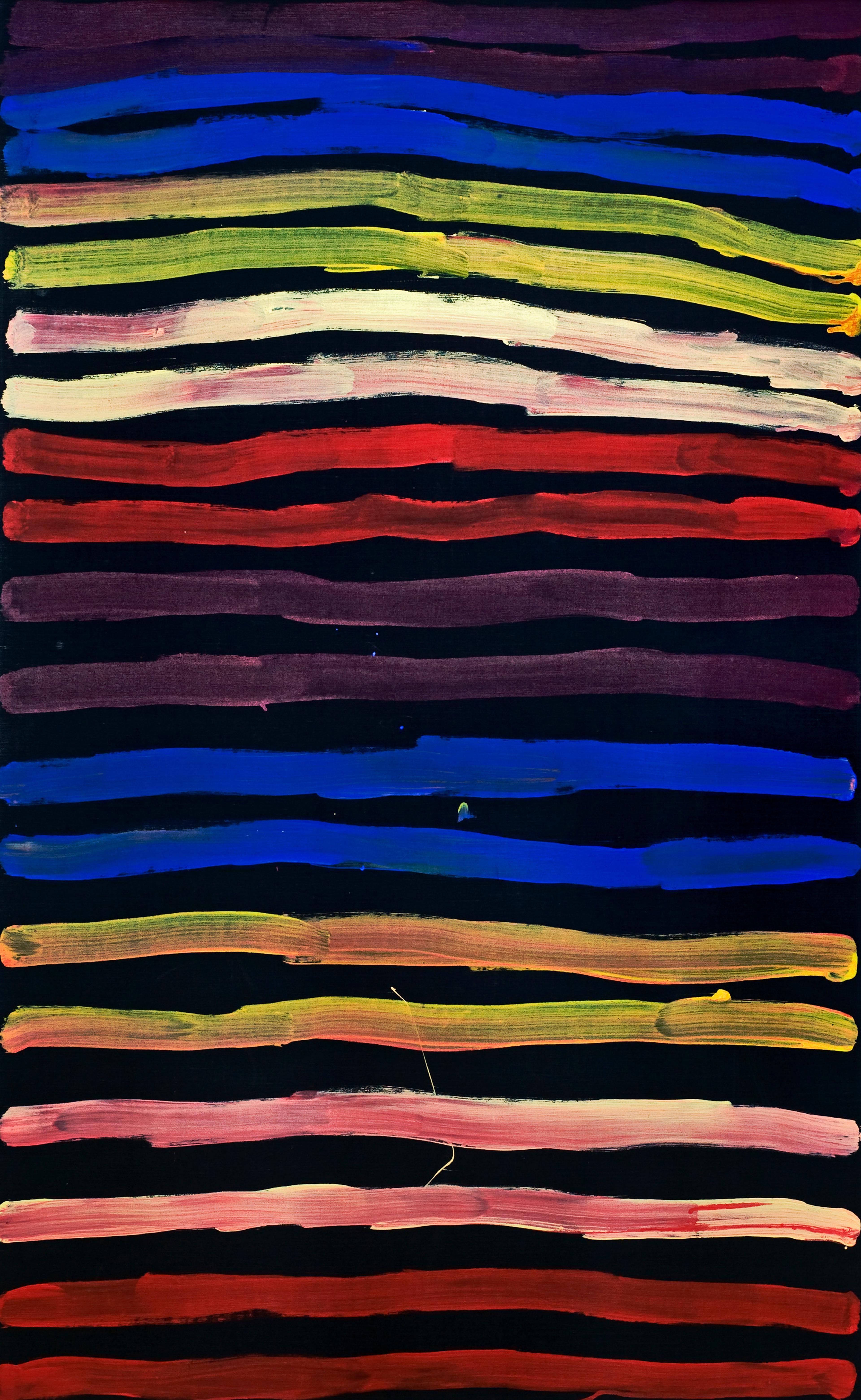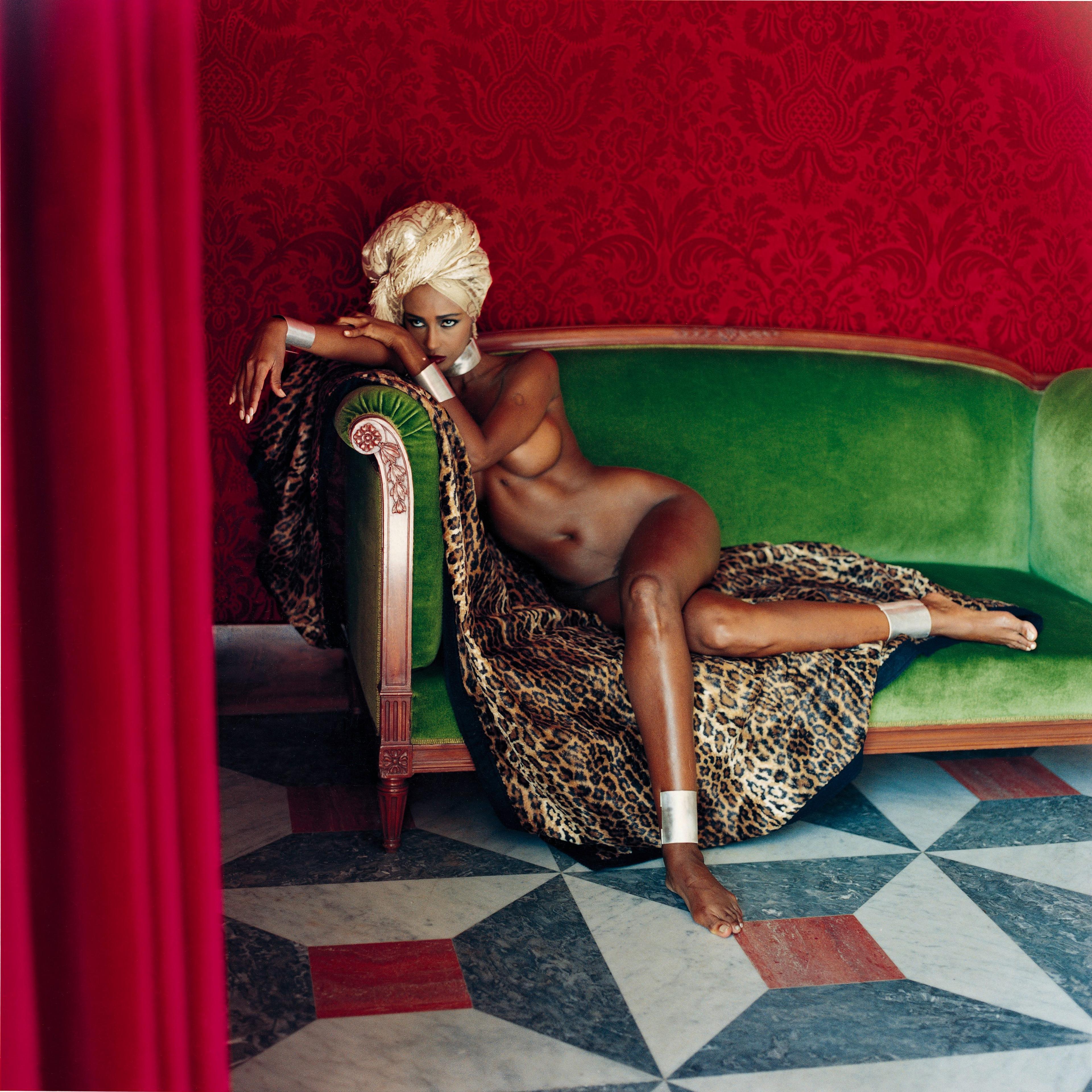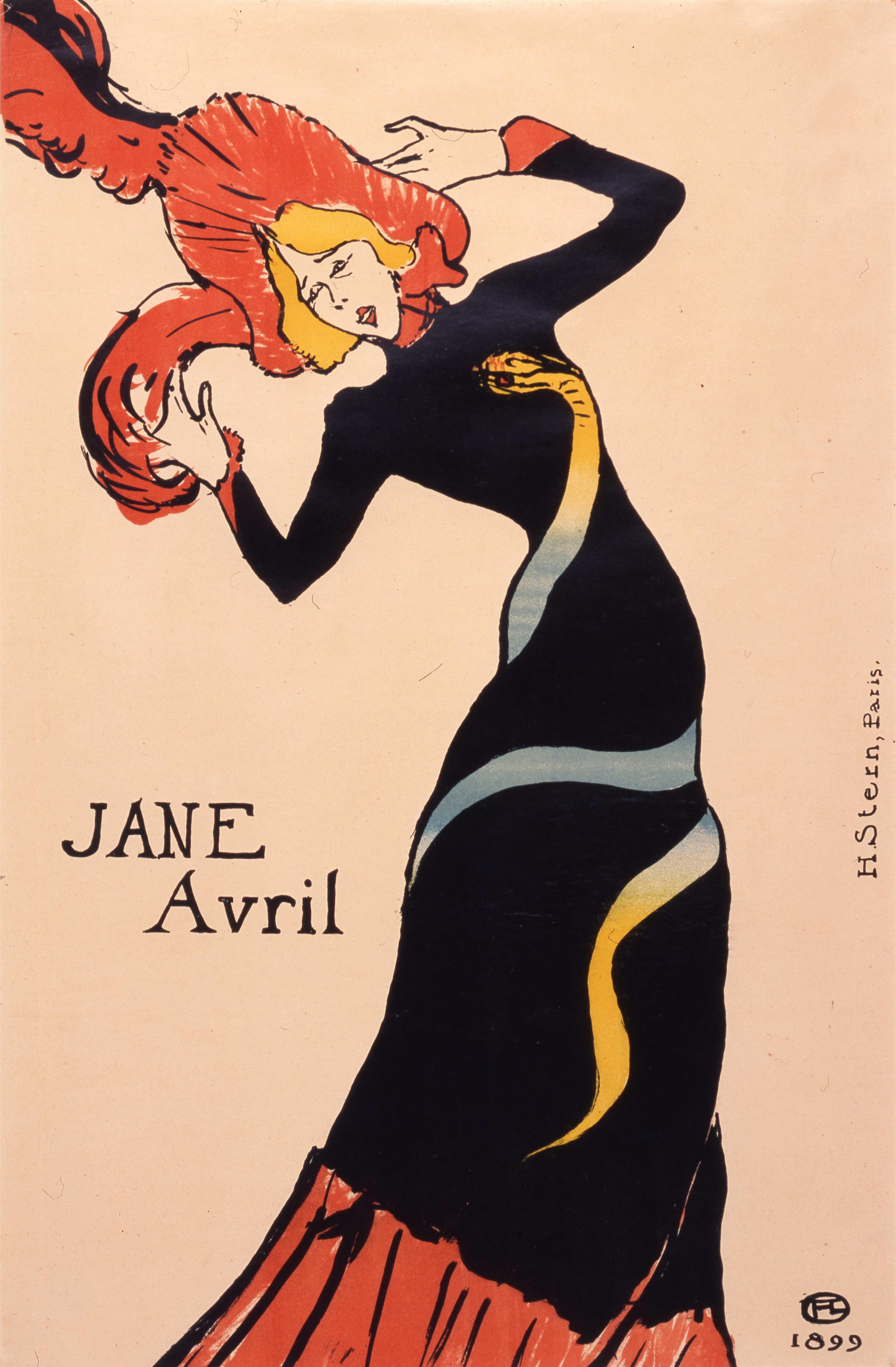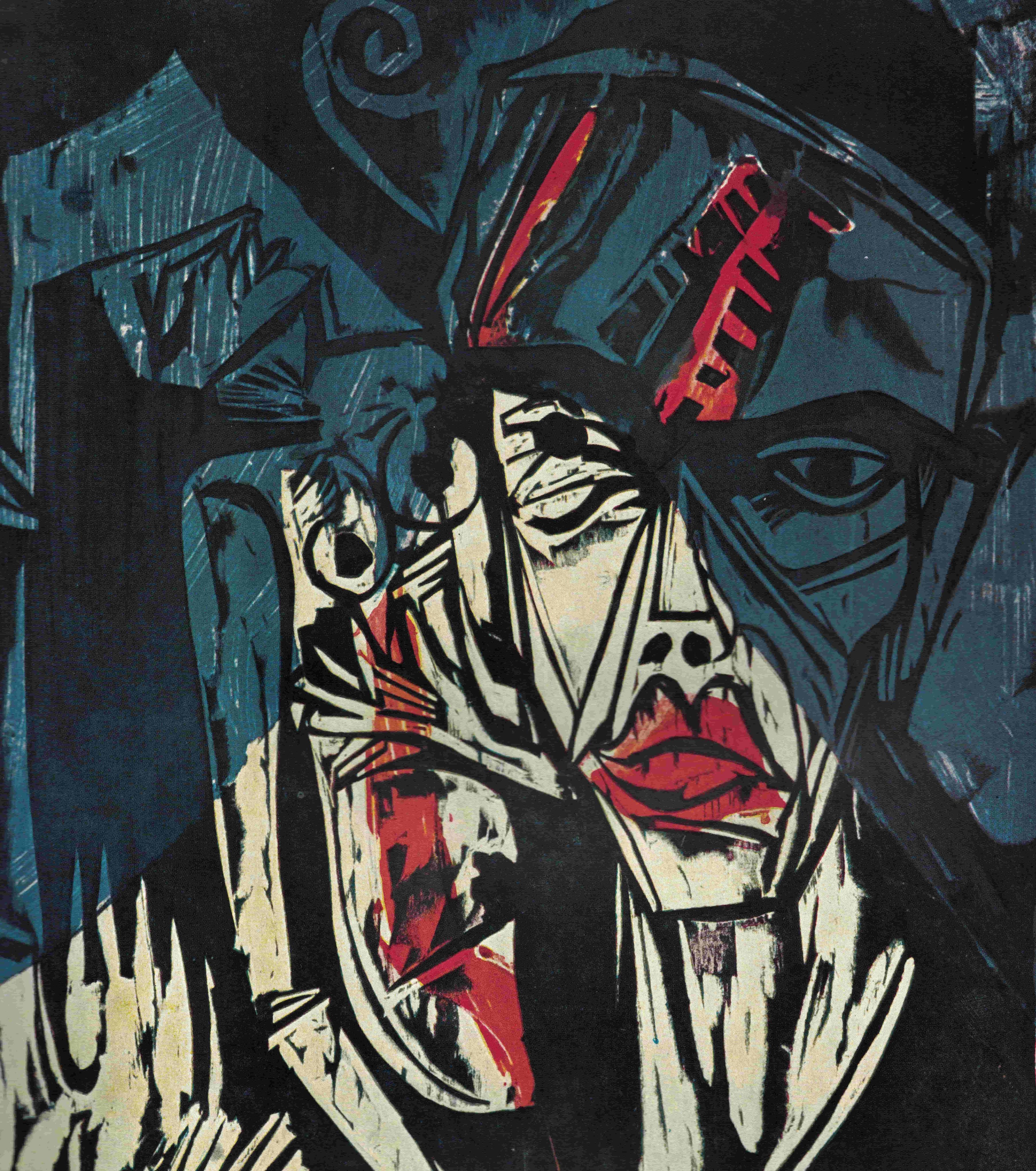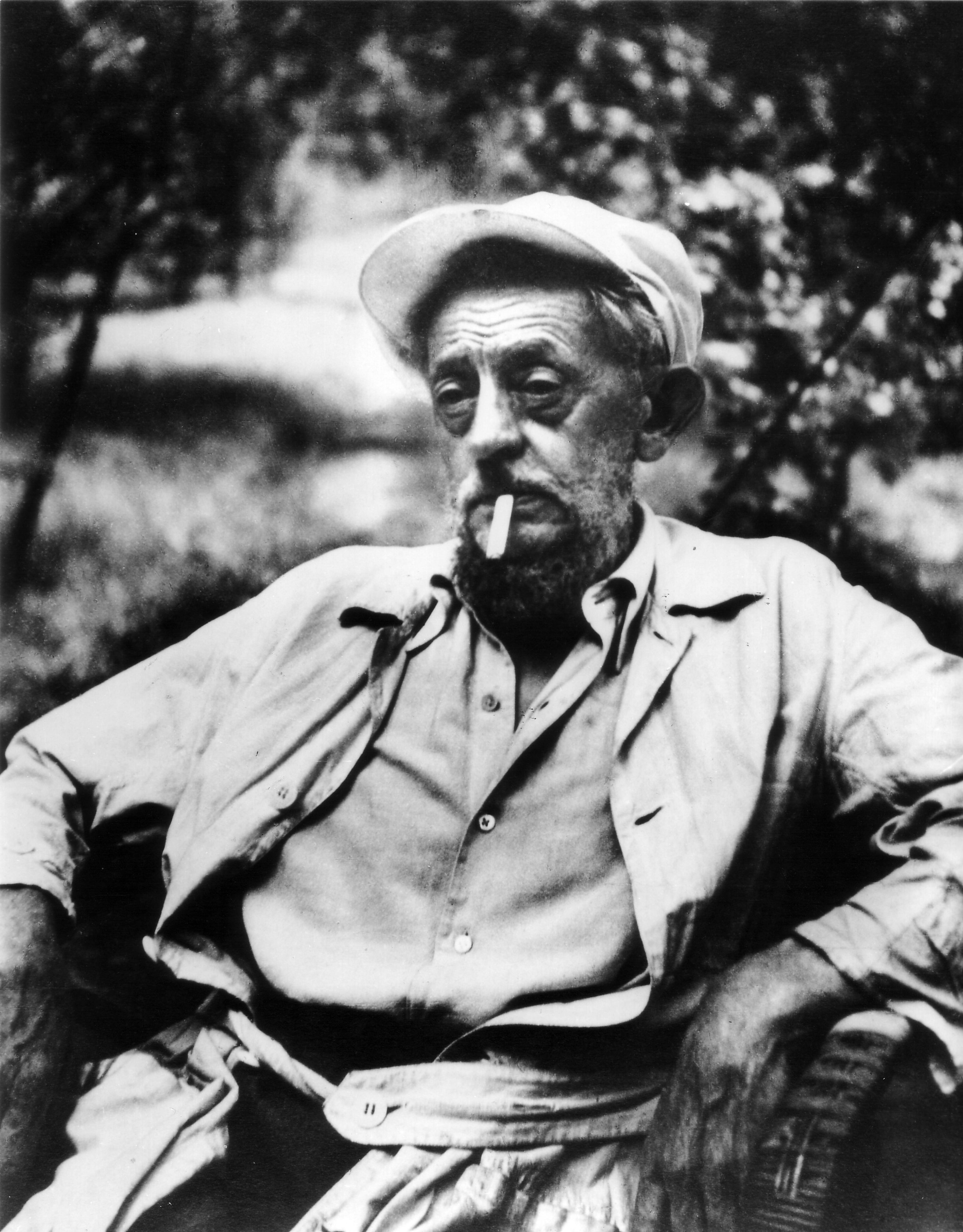
Else Lasker-Schüler – The Prince of Thebes
Gottfried Benn called her "the greatest lyric poet Germany has ever had". But Else Lasker-Schüler (1869-1945) was more than that. Her individualistic artistic personality and the fateful course of her life bear witness to social and political developments to this day and give her an impressive topicality.
Else Lasker-Schüler was an uncomfortable artist who lived and wrote tirelessly against the tide of bourgeois conventions. The single mother always struggled for recognition as an artist and social equality as a woman. Contrary to common gender conventions, she wore fantastic fantasy costumes and appeared in her poetry and on literary stages as the oriental "Jussuf Prince of Thebes". As a Jew in the Third Reich, she suffered from the defamation of her art and the repressive measures of the Nazi regime. In Wuppertal on April 1, 1933 her writings were thrown into the fire.
Only a few obituaries appeared on the death of Else Lasker-Schüler in Jerusalem in 1945 - and these were almost exclusively in English. In her native Germany, the National Socialists were still in power. The poet had fled from them in 1933 to Switzerland, where, however, she remained an unwelcome immigrant and whose authorities prevented her return from a trip to Palestine in 1939.
Our Else Lasker-Schüler Collection impressively documents the life, work, and reception history of this clever, politically alert avant-gardist - showing works of art, photographs, films, manuscripts, and documents. Embedded in her historical context, the artist can be read not only as a contemporary witness and actor of significant cultural movements, but at the same time as a key figure for topics of recent German history and intercultural dialogue.
